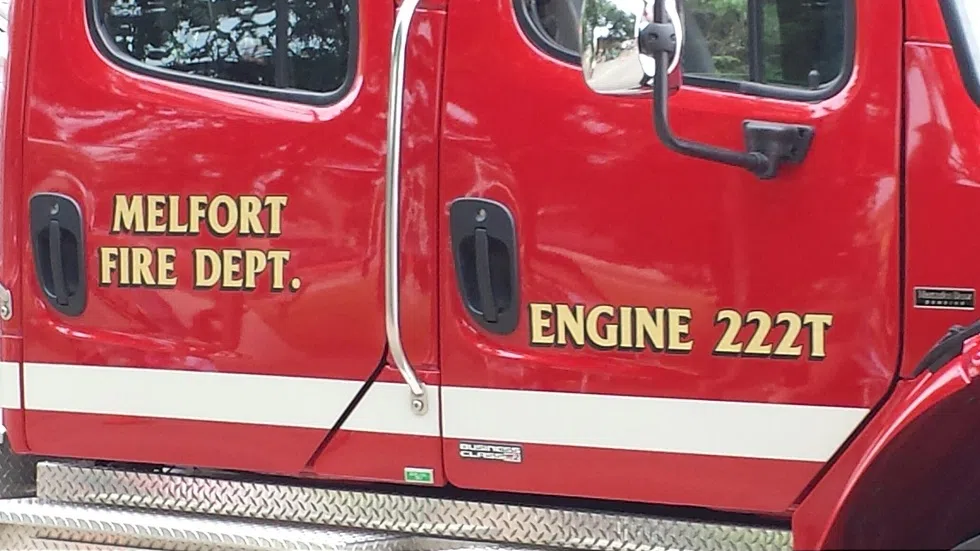
Changes to Melfort rural firefighting policy
A big change is coming to residents and businesses covered by the Melfort District Rural Firefighting Department.
The board of directors has decided to discontinue automatic responses to home or business fire alarms, until they are authenticated by a witness.
Fire chief Jason Everett said that in previous cases, the department has almost immediately been notified by dispatch, triggering trucks to roll.
“What happens then at that point, there’s a bill that ends up being submitted to the ratepayer and that bill is several hundred dollars,” said Everett. “Even if the firefighters respond to the hall and then they’re stood down, there’s still a cost to that…it could be two or three hundred dollars and that cost is put back on the ratepayer and it’s their responsibility to pay for that.”


